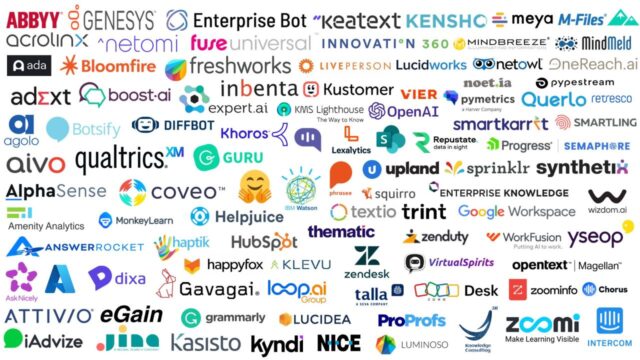
Using AI for better breast cancer screening
Originally posted on The Horizons Tracker.
Researchers1 from the University of Waterloo have created an AI technology to determine if women with breast cancer would benefit from chemotherapy before surgery.
This new AI algorithm, which is part of the Cancer-Net initiative led by Dr. Alexander Wong, is open-source. It aims to prevent inappropriate candidates from experiencing the severe side effects of chemotherapy and to enhance surgical outcomes for those who are eligible.
“Determining the right treatment for a given breast cancer patient is very difficult right now, and it is crucial to avoid unnecessary side effects from using treatments that are unlikely to have real benefit for that patient,” the researchers explain.
“An AI system that can help predict if a patient is likely to respond well to a given treatment gives doctors the tool needed to prescribe the best personalized treatment for a patient to improve recovery and survival.”
The AI software was educated using images of breast cancer produced with synthetic correlated diffusion imaging (CDI), a new magnetic resonance imaging modality created by the researchers.
Smarter detection
Utilizing data from CDI images of previous breast cancer cases and their outcomes, the AI can forecast the usefulness of neoadjuvant chemotherapy for new patients based on their CDI images. Neoadjuvant chemotherapy is a pre-surgical treatment that can shrink tumors, making surgery more manageable or even possible, and reducing the need for extensive procedures like mastectomies.
“I’m quite optimistic about this technology as deep-learning AI has the potential to see and discover patterns that relate to whether a patient will benefit from a given treatment,” they explain.
The new AI algorithm and the complete dataset of CDI images of breast cancer have been made publicly available through the Cancer-Net initiative so other researchers can help advance the field.
Article source: Using AI For Better Breast Cancer Screening.
Header image source: Anna Tarazevich on Pexels.
Reference:
- Tai, C. E. A., Hodzic, N., Flanagan, N., Gunraj, H., & Wong, A. (2022). Cancer-net bca: Breast cancer pathologic complete response prediction using volumetric deep radiomic features from synthetic correlated diffusion imaging. arXiv preprint arXiv:2211.05308. ↩






